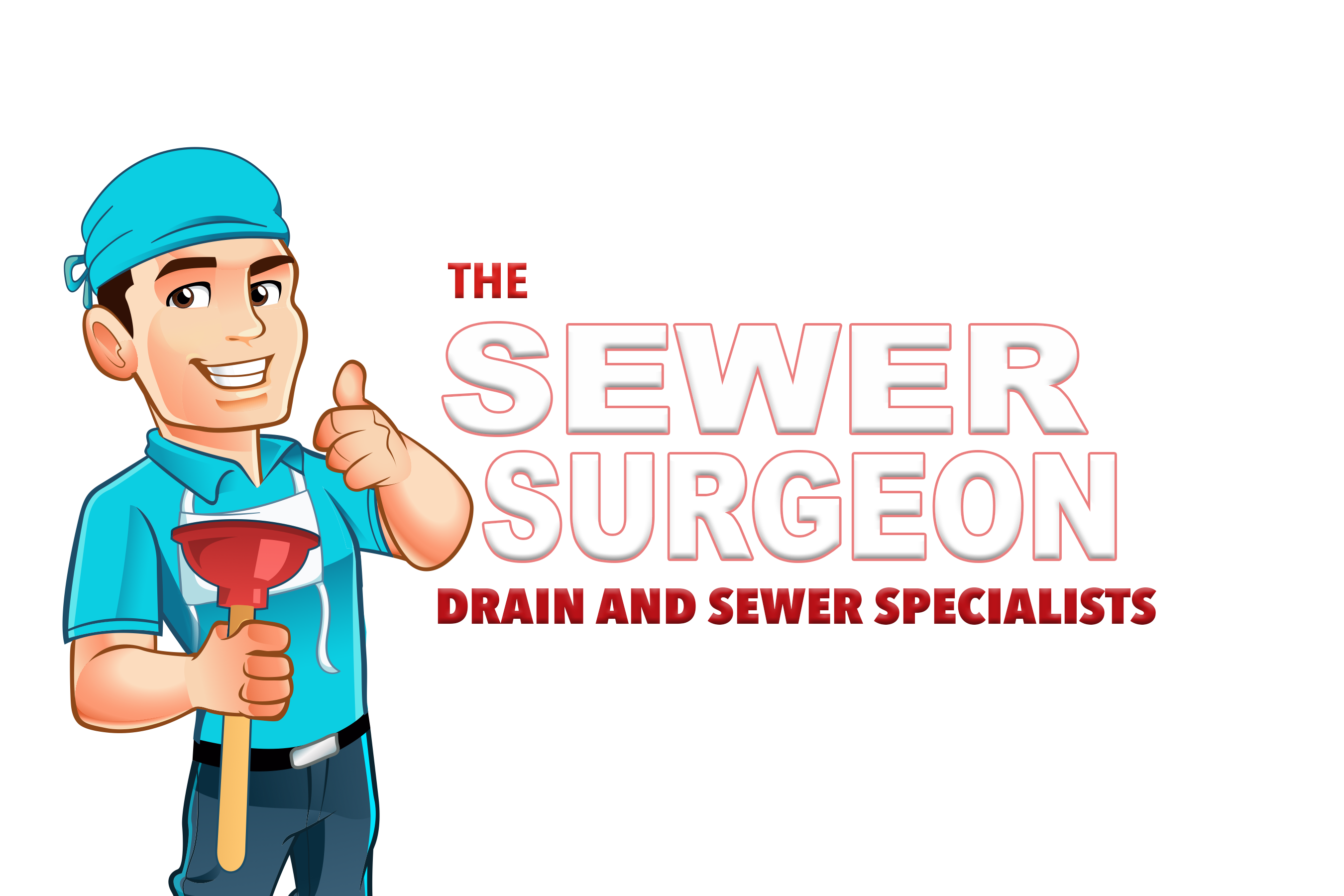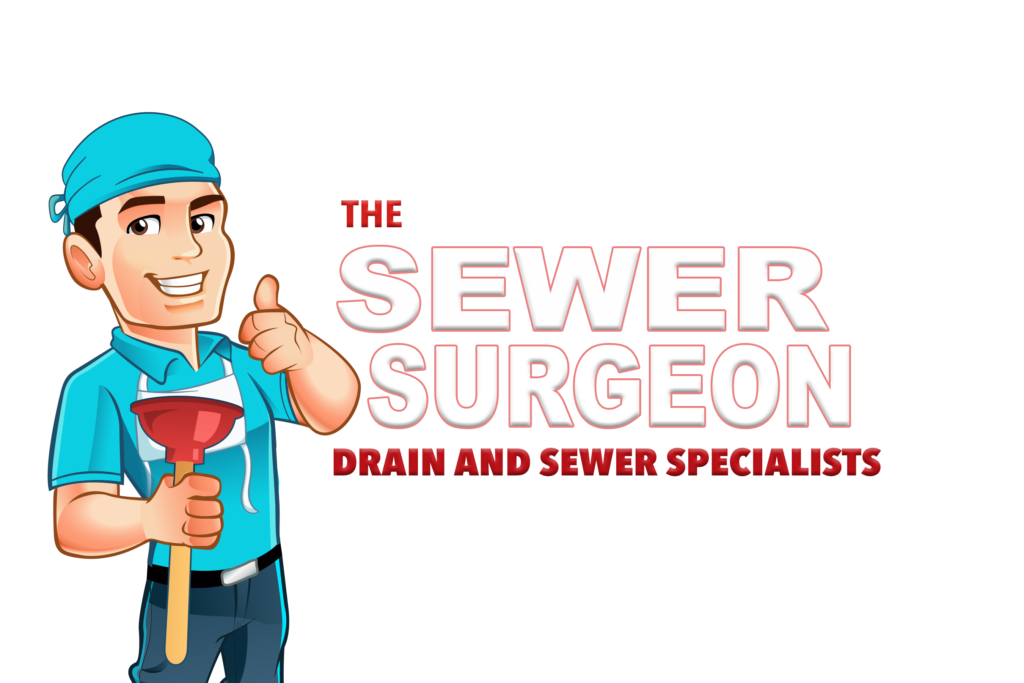Nobody likes plumbing emergencies, but no one likes dealing with the potential consequences of not having an emergency plumber on hand, either. While they might not always be pleasant to think about, you can do a few things to reduce your risk of big plumbing problems and ensure that you’re prepared.
In this article, we share 5 plumbing situations when you need an emergency plumber to address and repair immediately.
5 Plumbing Issues That Require An Emergency Plumber
1. A Burst Pipe
Burst pipes are of the most common plumbing emergencies you can encounter at home. Clogged pipes lead to pipe bursts, and water starts flowing out. Old pipes corrode and can burst if not replaced. If pipes burst in your home or business, shut off the main power switch immediately to prevent electrocution by the electric current going through the water. Then, call your local emergency plumber for an emergency sewer line repair.
2. Clogged Drains
If your sink or toilet is clogged, it’s time to call 24-hour emergency sewer service. You can’t try to fix this problem alone because you might make things worse for yourself and others in your home or business. If you try trenchless sewer repair yourself without any plumbing knowledge, you might end up causing more damage than good. You never know what problems could occur when trying to do sewer backup repair yourself.
3. Overflowing Toilet
An overflowing toilet is the most common plumbing problem. It can usually be resolved by simply turning off the water supply to the toilet if you have shut-off valves installed, removing any water from the bowl or tank, and clearing out the blockage with a plunger or a plumbing snake. If this does not work, turn off the water supply valve again and contact a professional plumber immediately for help.
4. Slab Leaks
Slab leaks are the most common type of plumbing emergency. A slab leak is caused by a crack in your home’s foundation or slab. The cause of this type of leak can vary from improper drainage, subsidence, or even termite damage. Slab leaks typically occur when the ground beneath your home shifts and causes the concrete beneath your property to crack.
When you have a slab leak, call an emergency plumber immediately to conduct a sewer camera inspection. If ignored, slab leaks can lead to water damage and mold growth, leading to grease trap malfunction, which can be very costly to repair.
5. Water Heater Malfunctions
The water heater is one of the essential appliances in your home, so when it acts up, you need to take care of it right away. Most problems with water heaters can be solved by simply turning off the power and then turning it back on. However, if the problem persists after doing this twice, call an emergency plumber immediately.
The most common cause of a malfunctioning water heater is a ruptured tank. This can be caused by old age or by accident with another object. A ruptured tank can cause water damage to your home that requires costly significant repair. This also means you’ll be without hot water until the water heater can be repaired. If there’s any possibility that your tank could rupture due to old age or another reason, have it replaced immediately before it causes significant problems for you.
A reputable plumber near you can inspect your water heater and plumbing and make any replacements or repairs necessary to prevent serious issues from developing.
Conclusion
A broken water line, a clogged toilet, or other plumbing problem can strike anytime, day or night. When they do, you need an emergency plumber. Professional plumbers can quickly fix a broken pipe, replace your water heater, repair that overflowing toilet, and restore water service to your home.
If you experience any of the five plumbing issues above, call an emergency plumbing service near you immediately.
Sewer Surgeon Plumbing Heating and Air is the trusted source for anything plumbing in Glendora, CA, and the surrounding areas. We offer 24/7 emergency plumbing and sewer system repair services and guarantee the job will be done right on time. We offer complimentary inspections to help prevent minor issues from becoming major issues requiring extensive repair.

